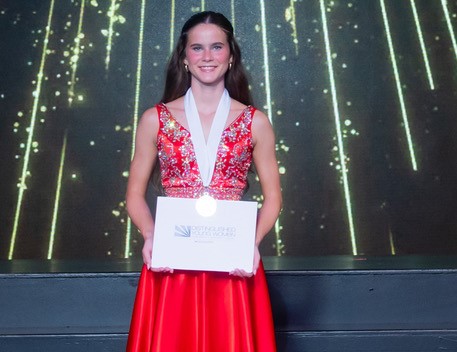Age-old conflict in Israel-Gaza constant source of woe
Published 8:18 am Wednesday, October 25, 2023

- (Timon Studler/Unsplash)
The ongoing conflict between Israel and Hamas captures international attention and sparks worldwide discussions and concerns in local communities. In Oxford, the impact of this crisis is deeply felt as members of the Jewish Federation of Oxford and other community members grapple with the unfolding events happening thousands of miles away.
Richard Gershon, a Jewish Federation of Oxford board member and a law professor at Ole Miss, offers insights to address common misconceptions. “Some sources claim that ‘Israel occupies Gaza,’ but it’s important to note that Israel has not held Gaza since 2005,” Gershon clarified, shedding light on the situation in Gaza.
Critics argue that Israel’s control over the West Bank, Gaza Strip and East Jerusalem is occupation, citing international law, military presence, resource control and movement restrictions. Conversely, some Israelis and supporters oppose the occupation narrative based on historical claims, security concerns, legal arguments, the absence of a sovereign state before 1967, and Palestinian self-governance.
Trending
“I think largely we’re still processing. This just happened. We’re still in a state of shock,” Gershon remarked, portraying the community’s endeavor to grapple with the unfolding violence.
Regarding Hamas’ motives, Gershon commented “there are armed individuals within Hamas who seem determined to sow chaos, potentially harming Palestinians. Their intentions don’t seem to prioritize the well-being of Hamas itself.”
The conflict’s origins trace back to early 20th-century developments, including the Zionist movement, the Balfour Declaration and Arab opposition. Significant post-World War II events include the UN Partition Plan (1947), the establishing of the State of Israel (1948) and the 1967 Six-Day War. Recent events encompass the Oslo Accords, the Second Intifada, Gaza Withdrawal, and ongoing violence.
The central issues driving the conflict revolve around land and borders, settlements, Jerusalem’s status and the right of Palestinian refugees to return. Critics argue that Israel’s control over certain areas constitutes occupation due to international law, military presence and movement restrictions. In contrast, some Israelis and supporters contest this narrative, citing historical claims and security concerns.
The recent surge in violence saw significant incidents, such as Hamas launching rockets towards Tel Aviv and Israeli airstrikes on Gaza refugee camps. A notable event unfolded at the Tribe of Nova music festival, where more than 250 civilians died, with hundreds abducted by Hamas. In response, Israel mobilized approximately 360,000 reservists for a ground operation in Gaza.
International concerns have escalated as Iran-backed militias have threatened attacks on American military bases if the US intervenes. President Joe Biden emphasizes that the killing and abduction of Americans during the conflict underscore the global implications, with at least 11 Americans confirmed killed.
Trending
Locally, the crisis stirs discussions and personal concerns among Oxford residents. “My wife has a close friend living in Israel, and he has a son of military age… Many people have family in Israel or have served in the Israeli Defense Forces,” Gershon said.
Oxford’s engagement mirrors a broader global discourse, promoting a deeper exploration of the humanitarian and geopolitical aspects of the crisis within an intricate international narrative.
Gershon reflects on the crisis, emphasizing our shared humanity transcending geographical boundaries. He expresses optimism when asked if the crisis resonates with individuals unfamiliar with international events or without personal connections to Jewish individuals. “I would hope so,” he said. “I believe there’s something universally human in this situation that resonates with people.”
The ongoing dialogue within Oxford underscores a collective pursuit of truth resonating with a global consciousness evolving amidst crises. Through informed discussions, community members aim to navigate the multifaceted narrative, seeking a deeper understanding of the complex dynamics in the Israel-Hamas conflict.
The situation continues to evolve, drawing international concerns and reactions as Oxford and the world grapple with the unfolding crisis, its historical roots and its broader geopolitical implications.





